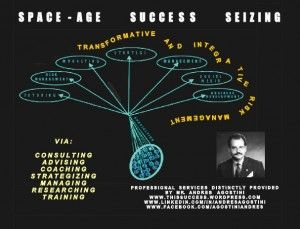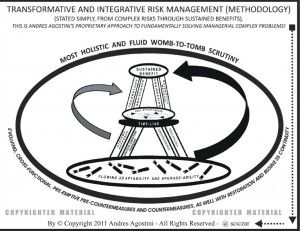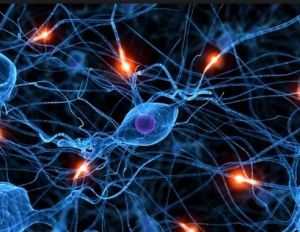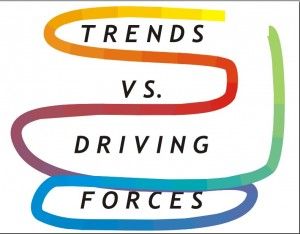Feb 3, 2014
The Future Observatory
Posted by Andres Agostini in categories: 3D printing, automation, big data, biological, bionic, bioprinting, biotech/medical, bitcoin, business, chemistry, climatology, complex systems, computing, cosmology, counterterrorism, cybercrime/malcode, cyborgs, defense, driverless cars, drones, economics, education, energy, engineering, entertainment, environmental, ethics, events, existential risks, exoskeleton, finance, food, futurism, general relativity, genetics, geopolitics, government, habitats, hardware, health, human trajectories, information science, innovation, law, life extension, military, mobile phones, nanotechnology, neuroscience, nuclear energy, nuclear weapons, open access, open source, particle physics, philosophy, physics, policy, polls, posthumanism, privacy, rants, robotics/AI, science, scientific freedom, security, singularity, space, supercomputing, surveillance, sustainability, transhumanism, transparency, transportation, treaties, water
FEBRUARY 04/2014 UPDATES. By Mr. Andres Agostini at www.Future-Observatory.blogspot.com

Lockheed Uses Robot Arm To Build F-35s
http://www.popsci.com/article/technology/lockheed-uses-robot…SOC&dom=fb
New Method of Creating Stem Cells is a “Game Changer”
http://blogs.discovermagazine.com/d-brief/2014/01/30/new-met…u7rhLTSmHd
The Future of Skunkworks Management to Impossible Business Enterprises
http://lnkd.in/bYP2nDC
Was There A Beginning Of Time And Will There Be An End Of Time?
http://www.messagetoeagle.com/timeslowingdown.php?utm_source…u7yMbTSmHd

 by
by 











